In 2023, start-ups across Africa secured a total of $2.9 billion in funding, marking a -39% year-on-year decline from the $4.8 billion raised in 2022, as reported by Africa: The Big Deal. The downturn was attributed to the global slowdown in venture capital (VC) activity during the year, prompting concerns about the future trajectory of Africa’s once rapidly expanding startup sector.
Despite the funding decrease, the report emphasized that the results surpassed expectations considering the challenges faced by the global VC landscape in 2023. The funding crunch experienced in the African startup ecosystem led to widespread repercussions, including mass layoffs, decreased valuations, and the closure of several startups.
The report disclosed that the $2.9 billion funding in 2023 was raised by 500 start-ups through deals exceeding $100,000, compared to 821 start-ups in 2022. This indicates a -39% YoY decrease in the number of funded start-ups. However, the average deal size remained stable between 2022 and 2023.
An interesting shift noted in the report was the increasing reliance of African start-ups on debt financing. In 2023, the amount of debt raised reached $1.1 billion, reflecting a substantial +47% YoY growth. In contrast, equity funding witnessed a -57% decline during the same period. The report highlighted that, in 2022, start-ups in Africa secured 19 cents of debt for every $1 of equity, a figure that rose to 65 cents in 2023. Debt financing constituted 38% of the total funding raised, compared to 16% in 2022.
This trend of turning to debt financing was not unique to 2023. According to a separate report by Briter Bridges, African start-ups borrowed $2.1 billion between 2014 and 2023. Over the last five years, debt financing in the African startup ecosystem saw significant growth due to declining equity funding. From 2019 to H1 2023, debt’s share of the total funding volume for ventures in Africa surged from 4% to 26%. The decline in equity funding played a pivotal role in this shift, dropping from $2.6 billion in 2022 to $1.4 billion in 2023.
Briter Bridges emphasized that, over the past decade, digital, technology-enabled, and green companies in Africa raised over $2 billion in disclosed debt funding from more than 140 funders, accounting for more than 200 deals. This underlines the evolving financial landscape in the African start-up ecosystem and the adaptability of companies in seeking alternative funding sources amid changing market conditions.
Source: Tekedia

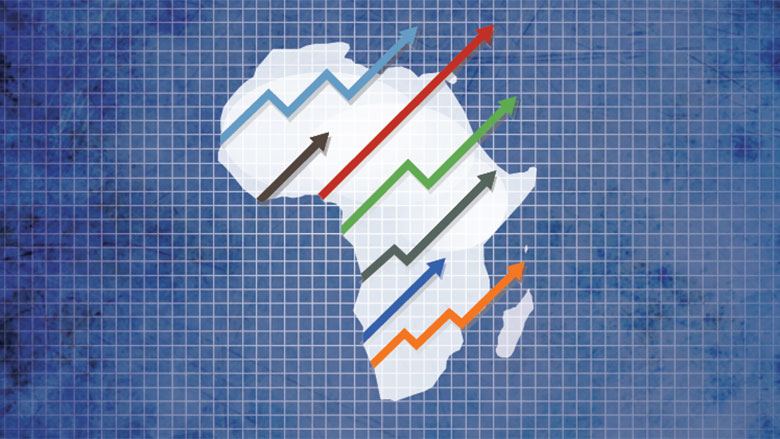



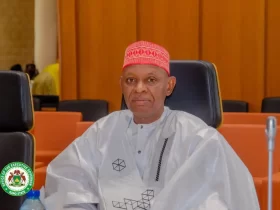
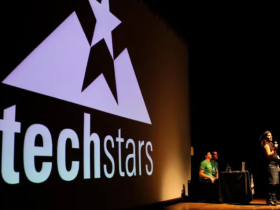
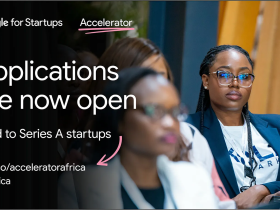
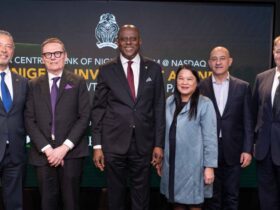


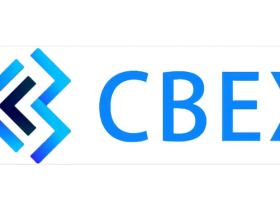



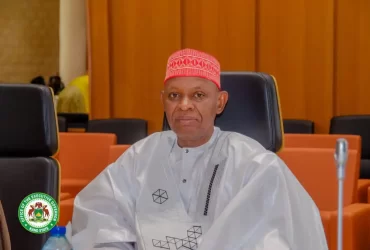
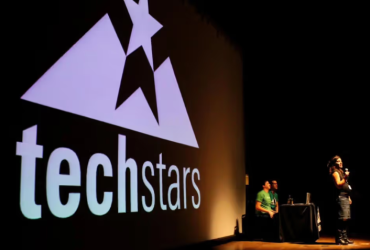
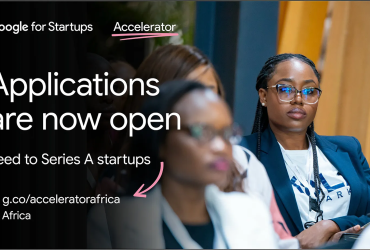

Leave a Reply